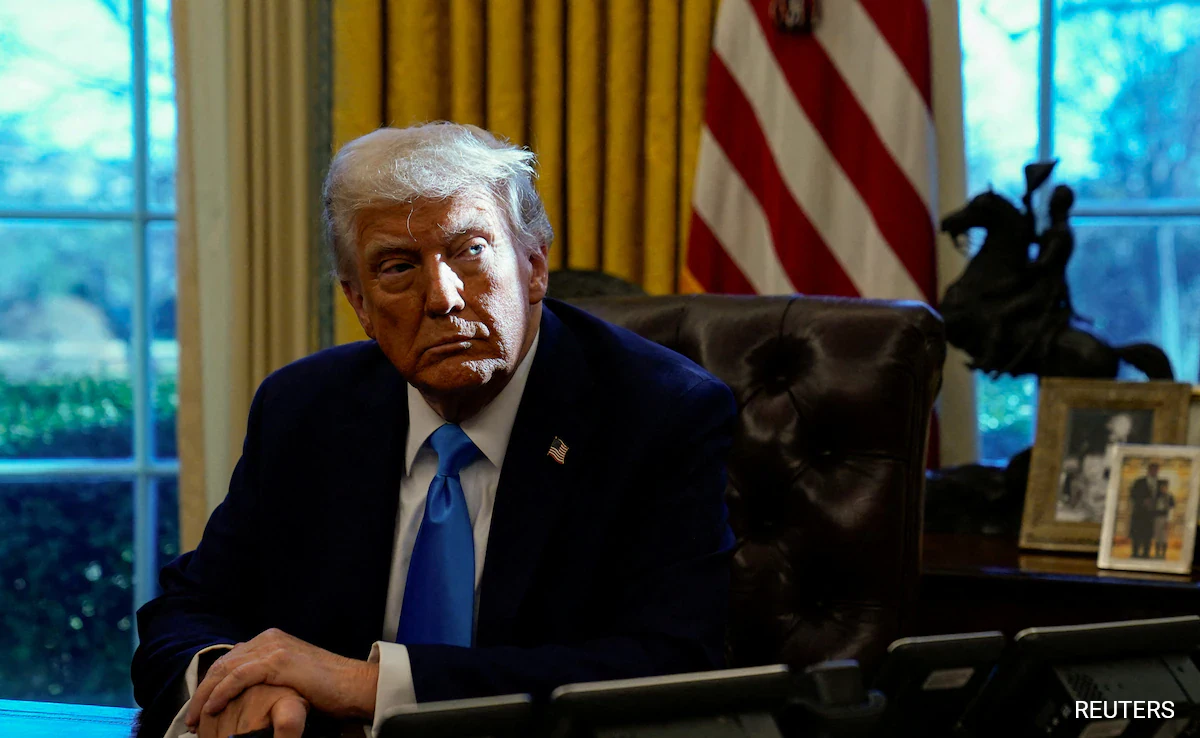In a significant legal development, federal judges have issued nationwide injunctions blocking President Donald Trump’s executive order aimed at terminating birthright citizenship in the United States. This move has profound implications for immigrants, particularly Indian nationals on temporary visas.
On January 20, 2025, President Trump signed an executive order titled “Protecting the Meaning and Value of American Citizenship,” seeking to redefine the Citizenship Clause of the 14th Amendment. The order aimed to deny U.S. citizenship to children born on American soil if neither parent is a U.S. citizen or lawful permanent resident, effective February 19, 2025. This policy shift threatened to impact numerous families, especially those on temporary visas such as H-1B, L-1, H-4, and F-1.
Judicial Intervention: Blocking the Executive Order
The executive order faced immediate legal challenges. On January 23, 2025, U.S. District Judge John C. Coughenour in Seattle issued a temporary restraining order, labeling the directive as “blatantly unconstitutional.” He emphasized that the Constitution is not subject to policy whims and that any change to birthright citizenship would require a constitutional amendment.
Following this, on February 5, 2025, U.S. District Judge Deborah Boardman in Maryland granted a nationwide preliminary injunction against the executive order. She stated that the order conflicts with the plain language of the 14th Amendment and contradicts over a century of Supreme Court precedent. Judge Boardman highlighted that the U.S. has a 250-year history of granting citizenship by birth, underscoring the deep-rooted nature of this principle.
Impact on the Indian Community
The Indian diaspora in the U.S., particularly those on temporary work and student visas, expressed significant concern over the executive order. Many feared that their U.S.-born children would be denied citizenship, affecting their access to education, healthcare, and other benefits. Reports emerged of expectant Indian parents considering pre-term deliveries to ensure their children would be born before the policy’s implementation date.
Additionally, the order posed challenges for Indian professionals awaiting green cards. Children born outside the U.S. to these individuals could face self-deportation upon turning 21 if they failed to secure another visa, disrupting family stability and long-term planning.
The core legal argument against the executive order centers on the 14th Amendment’s Citizenship Clause, which grants citizenship to “all persons born or naturalized in the United States, and subject to the jurisdiction thereof.” Critics argue that the executive order attempts to reinterpret this clause without legislative authority, a move seen as overstepping executive powers.
Legal scholars across the political spectrum have deemed the proposal unconstitutional, emphasizing that any change to birthright citizenship would necessitate a constitutional amendment—a process requiring significant legislative consensus.
This executive order is part of a broader immigration agenda pursued by the Trump administration, which includes measures such as increased deportations, stricter visa regulations, and attempts to dismantle programs like Deferred Action for Childhood Arrivals (DACA). These policies have sparked widespread debate and numerous legal challenges, reflecting deep divisions in the national discourse on immigration.
The executive order and subsequent legal battles have elicited strong reactions from various stakeholders. Immigrant advocacy groups have lauded the judicial interventions, viewing them as upholding constitutional protections and preventing potential harm to immigrant communities. Conversely, supporters of the executive order argue that it is a necessary step to address issues related to illegal immigration and the interpretation of citizenship laws.
Future Legal Trajectory
The Department of Justice has signaled its intent to appeal the injunctions, setting the stage for a protracted legal battle that could potentially reach the U.S. Supreme Court. The outcome of this litigation will have lasting implications for immigration policy and the interpretation of constitutional citizenship rights.
The federal judiciary’s blocking of President Trump’s executive order to end birthright citizenship underscores the complex interplay between executive authority, constitutional interpretation, and individual rights. As legal proceedings continue, the situation remains fluid, with significant consequences for immigrants, particularly those from India, and the broader American societal fabric.
